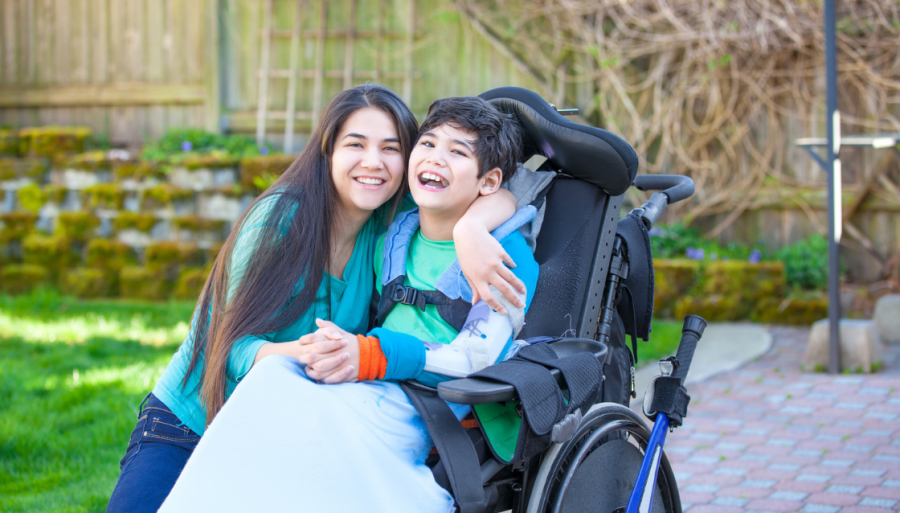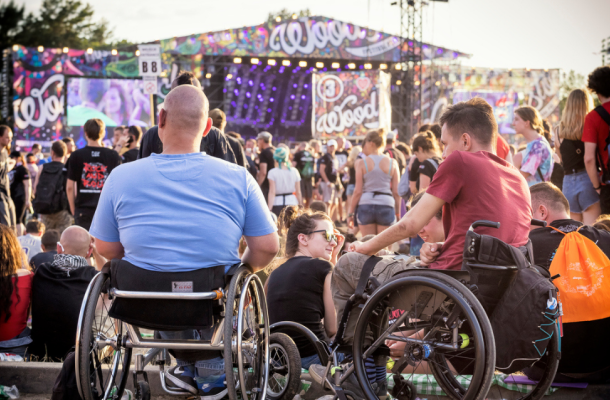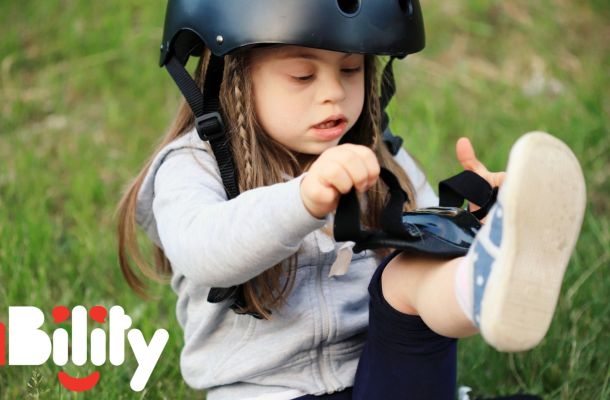
A Guide To Choosing Strollers for Kids with Disabilities
Being involved with family activities is very important for kids’ development and well-being. Having limited mobility can affect cognitive and sensory development. So, it's important for kids with special needs to be able to get out into the world and experience life, just like anybody else.
This guide will help you with what you need to know about choosing special needs strollers and the best ones for your child's needs.
What is a special needs stroller?
“Special needs” or adaptive strollers and pediatric wheelchairs are types of mobility aids. They are different from wheelchairs and traditional baby strollers. These strollers have more postural support to keep the user upright. They can also accommodate larger or older children than traditional strollers and medical equipment like oxygen tanks or ventilators.
These strollers are usually lighter and easier to push, making them easier to transport.
How do I choose a stroller?
There are plenty of options to choose from. An adaptive or “special needs” stroller should accommodate your child’s functional needs. Here are two factors you should consider:
- How much support your child will need
- How many and which positions the stroller can accommodate
Support
Special needs strollers cater to a wide range of physical abilities, giving different levels of support.
Mild
This kind of equipment is ideal for children with active lifestyles who don't need a lot of support. These aids are lighter and have postural support. These are designed for a comfortable and active lifestyle.
Moderate
These models are more appropriate for children who need a little more support. Moderate strollers support the user's full trunk, head and neck. They have more cushions, more reclining positions and holding straps to allow the child to sit more securely.
Extreme
Extreme comfort aids provide comprehensive positioning. They are perfect for kids who'll benefit from tilt adjustment for pressure relief or respiratory help. These strollers can improve posture, sitting and ability to swallow.
Positioning
Positioning is very important. When you spend a lot of time in one position, breathing and digestion issues can arise.
Stationary
Special needs strollers that are stationary offer mild support. The base doesn't move or adjust. This type of model is good for kids who can easily reposition themselves.
Recline
Reclining strollers can help children sleep comfortably. The reclining option is mostly found on moderate support aids and is ideal for kids who can reposition themselves.
Tilt in Space
For kids who aren't able to reposition themselves, a tilt-in-space stroller offers extreme support. It relieves pressure points to decrease the risk of pressure ulcers. It also offers the best postural support and can be moved to help respiration and
digestion.
Find The Right Mobility Aids
Choosing the right stroller can maximise your child's development to reach their full potential. Special needs strollers can significantly impact your child's quality of life.
If you're in the market for mobility aids that won't break your bank, have a browse at what is currently advertised on the eBility site.
We have a range of high-quality second-hand equipment suited for your unique needs.
If you need any more information or help please feel free to contact us today.


